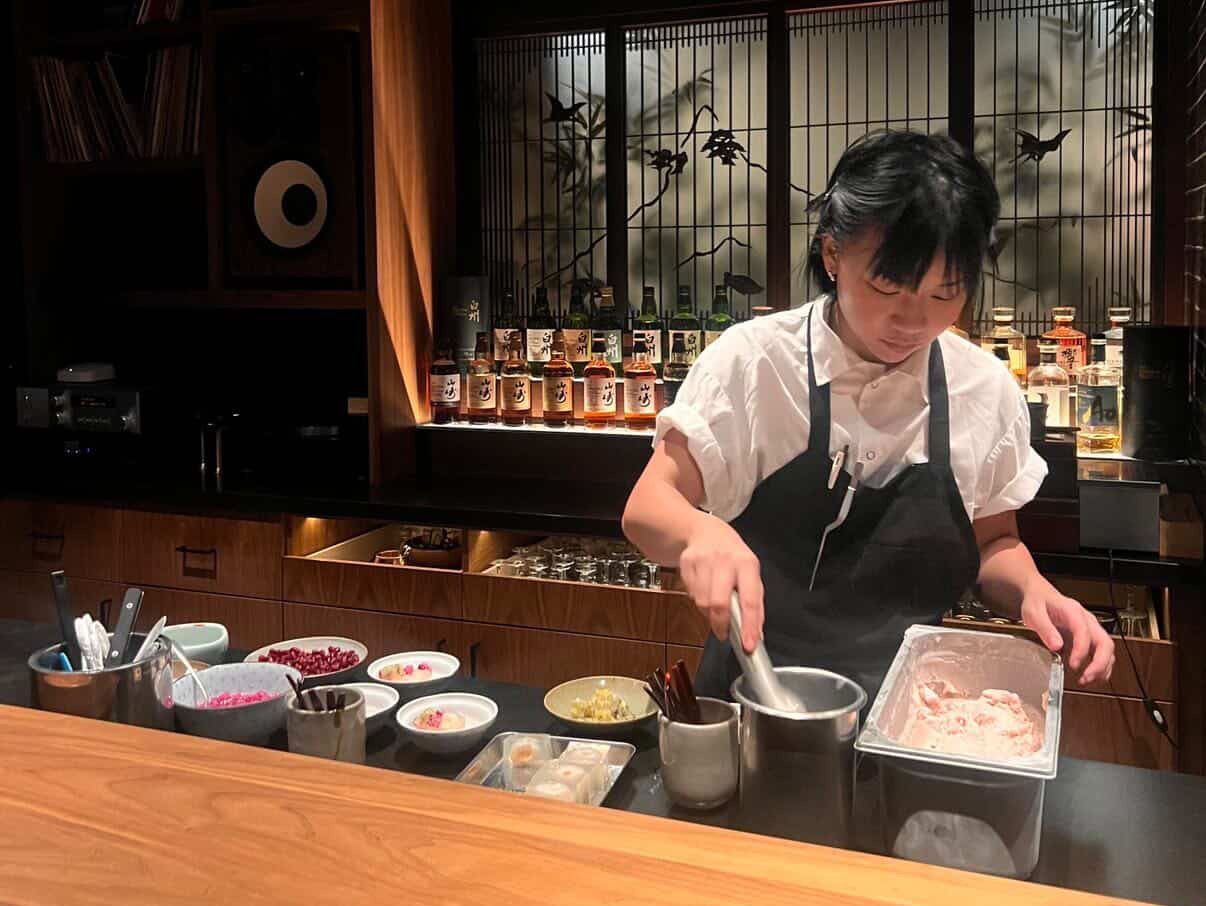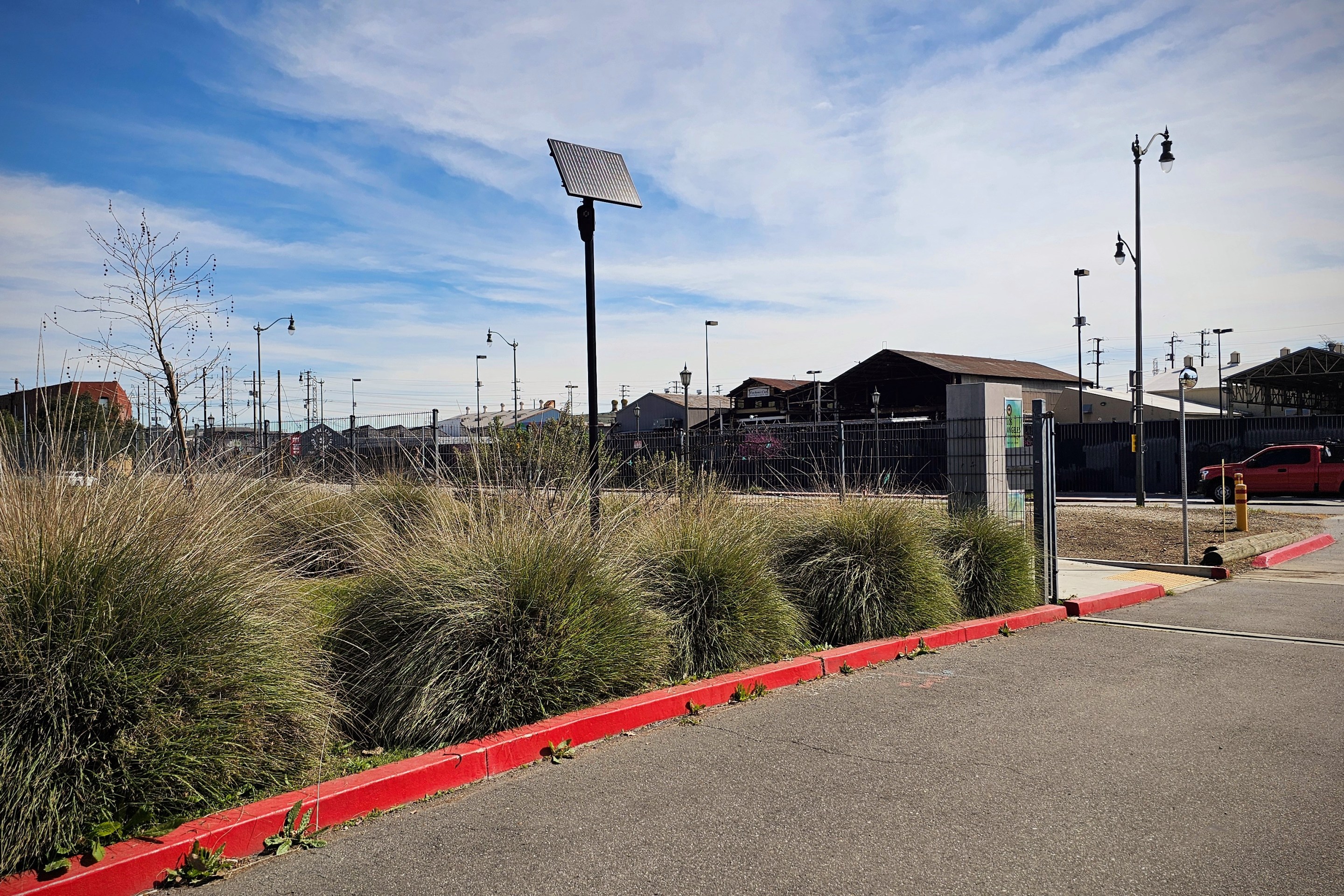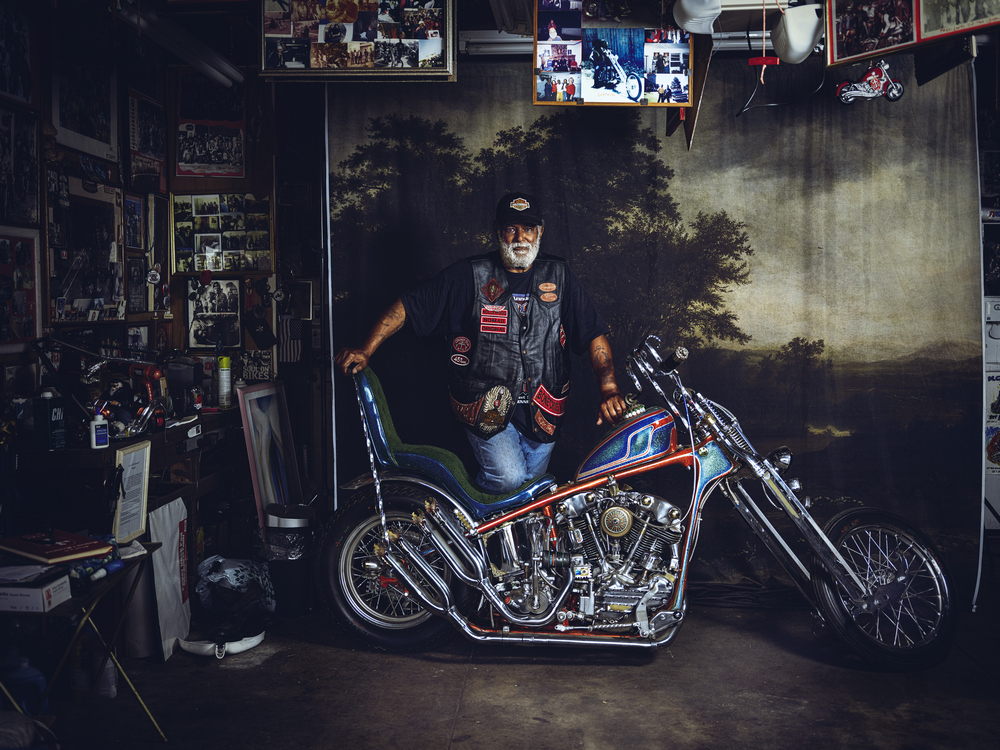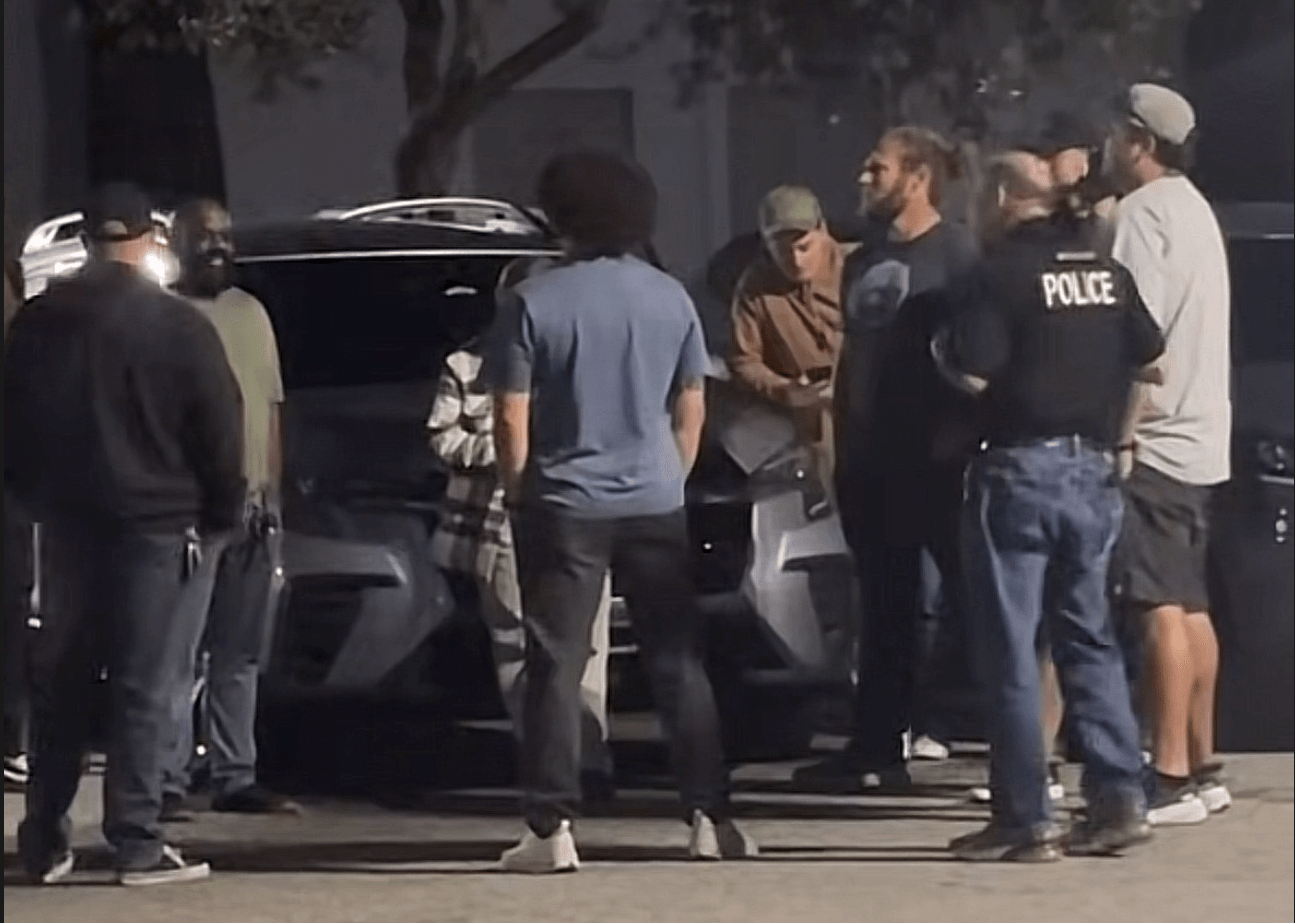[dropcap size=big]I[/dropcap]t’s been three days since Joe Rosenthal, a Minnesota-based mathematician, and self-proclaimed “Food Antagonist,” exposed some troubling ethical allegations against Jessica Koslow, the owner of Sqirl, the seminal L.A. restaurant known for its jam and toast dishes in Virgil Village.
The startling allegations range from employee mistreatment and Sqirl’s unsanitary food safety protocols when making their famed jams. It was all made public in Rosenthal’s Instagram account over the weekend.
L.A. Taco has confirmed today that amid these developments, ABRAMS Books is still moving forward with Koslow’s jam-based cookbook, The Sqirl Jam Book (Jelly, Fruit Butter, and Others).
Their statement below:
Following our author Jessica Koslow’s recent statement regarding controversies surrounding her restaurant, Sqirl, ABRAMS will publish The Sqirl Jam Book on July 21 as planned. We are confident that the jam-making methods are safe and reliable for home cooks, and that readers will find this book to be a beautiful, hardworking, and instructive resource.
The New York-based publisher deleted their post promoting the book on Instagram on Sunday. However, the link to pre-order is still up on their website. ABRAMS Books published Koslow’s first book Everything I Want to Eat (SQIRL and the New California Cooking) in 2016 and was set to release the follow-up focused on Koslow’s famed food preservation techniques on July 21, 2020. Koslow’s first book is considered one of the best-selling California-centered cookbooks of all time. Only behind Gjelina, according to Book Authority.
L.A. Taco has also confirmed that the city's independent cookbook shop, Now Serving, will still be fulfilling their preorders for Koslow's new cookbook. “After that, we are taking it day by day,” says Ken Concepcion, the co-owner of the shop.
Local online food publications like Eater LA have been closely following the developments made over the weekend. It’s jumped now to being covered by local TV stations like KTLA and national news and culture outlets like Jezebel. Most of the headlines and outrage have been centered on the unsanitary allegations concerning the scraping of mold on jams that Koslow would still serve to the public, prompting a response from Koslow herself taking responsibility but also citing a mycologist in her defense that was disproved by the actual mycologist Koslow falsely referred to.
LAist was the only local online publication that first included a headline addressing the erasure of recipes contributed by Koslow’s BIPOC staff, and also revealed that a deeper investigative story on these allegations and Sqirl’s role in the “Silver Lake adjacent” neighborhood’s gentrification will be out soon. The Instagram account @ThisSideofHoover managed by community journalist Samanta Helou Hernandez first uncovered Koslow’s controversial comments about owning a restaurant in a quickly gentrifying neighborhood such as Virgil Village: “In an Eater article from 2016, Jessica Koslow, the owner of Sqirl, described one of the reasons for her success, ‘my cheat is this shitty corner on Virgil and Marathon. The cheat is, like, I pay two dollars per square foot.’ Before Sqirl opened, the space rotated between a Salvadoran and Mexican restaurant with a liquor store next to the eatery.”
Former employees like Javier Ramos and Ria Dolly Barbosa have come forward since these mold allegations and have taken to Instagram to voice how their recipes were also published without their credit or proper attribution.
Recipe ownership among restaurant workers and restaurants is a complex subject. Legally, the U.S. Copyright Office holds that the employer is considered the “author,” even if the cook created the work. According to this poignant article on the topic on Eater, Chefs have been known to either lawyer up to prevent a former employer from continuing to serve their dishes or take it as part of their services that they were hired to do while they worked for the restaurant. However, the ethics of this issue when applied to a restaurant cookbook is a different conversation; a simple nod with a full name in a headnote is often all it takes to acknowledge and recognize the work of a talented cook.
All of this, a month after Sqirl posted on their Instagram account that they were going to donate one percent of their net sales to organizations that fight systemic racism. That post has since been deleted by Sqirl, but a new account named @sqirltruth that appears to be keeping track of Sqirl's alleged offenses against BIPOC via screenshots made a post about it.
L.A. Taco reached out to Sqirl and Koslow for comment and received the following statement:
“To my customers and my employees, I want to start by saying that I am sorry.
“Sqirl was built with a vision in my mind and the little money I had saved. We started with boxes as tables and crates for chairs. Like any business, as we started to grow, we needed more space, so in 2013, I acquired a secondary kitchen in the space that is now Sqirl Away (directly next door to Sqirl) and it was permitted to operate as a kitchen. I filed paperwork and proactively contacted the Health Department to request an inspection in 2013.
“The truth is that at the time I thought I could update the additional space with the little funds I had saved. But the job ended up being bigger than I could afford and my bank would not give me a loan. Around that time, our secondary kitchen fell off the radar of the Health Department, despite the fact that Sqirl’s main kitchen received regular inspections. Ashamedly, I took advantage of their oversight and did the best we could as we used Sqirl’s main kitchen for all our restaurant orders including jam, and used the secondary kitchen primarily for baking and food prep.
“We were at risk of being shut down, but in our industry, this is common and I was just focused on keeping the lights on and keeping my team employed.
“Until June of this year, our jam was always made in our kitchen at Sqirl after hours, when the restaurant was closed and then cooled and moved to the secondary kitchen for storage. To be clear: No jam was ever made in the secondary kitchen. Since 2018, the Health Department has known about our secondary kitchen and has worked constructively with us as we modernized our secondary kitchen which has now earned an “A” grade from the Health Department. Today, each of the three kitchens I own and operate—Sqirl, the secondary kitchen, and our catering kitchen—have an “A” grade.
“I take the safety and health of my staff and customers seriously. All of the retail jam we have ever sold—which is to say the jam in jars that is bought from us and at stores—is pasteurized and canned with the “hot pack” method that makes the growth of mold basically impossible. That same recipe is used in the restaurant, but because the jam is low in sugar and we don’t use chemicals or preservatives there were occasional instances where mold would develop on the surface.
“When this happened we would remove it. To guide this practice I relied on the research and guidance of health experts and to my knowledge thought it was safe.
“I eat the same jam I serve my customers, family, and friends and would never knowingly serve any food that would put their health at risk. I realize that I was wrong and I am sorry.
“We have already thrown out any jam with mold on it and will continue to do so moving forward. Jam with mold will not be permitted in any of our kitchens or our restaurant. We are implementing the same “hot pack” method which is a commercial industry standard that involves pasteurizing all the jam used in the restaurant and storing it in smaller glass containers–just like we always have done with our retail products. We are also submitting samples of our jam to an independent lab, Certified Laboratories, Inc., for testing to ensure its safety and longevity.
“I know I have lost the trust of our loyal customers, partners, and jam subscribers and hope that my sincere regret and these changes demonstrate that I have learned from my mistake and are enough to earn a second chance from them.”
--
Full disclosure: Javier Cabral is the co-author of Oaxaca: Home Cooking from the Heart of Mexico, a cookbook that was published by ABRAMS Books






